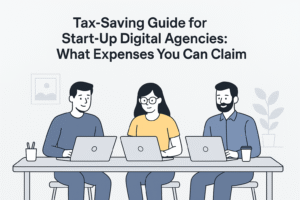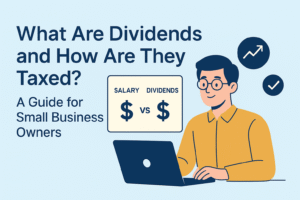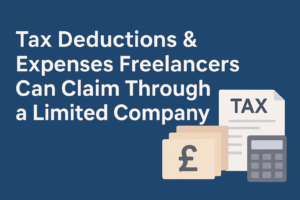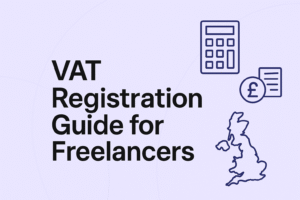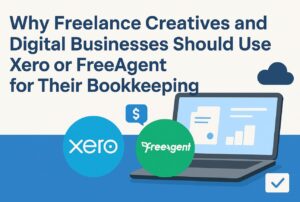
Why Freelance creatives choose a limited company
- Accounting
- Quick Read
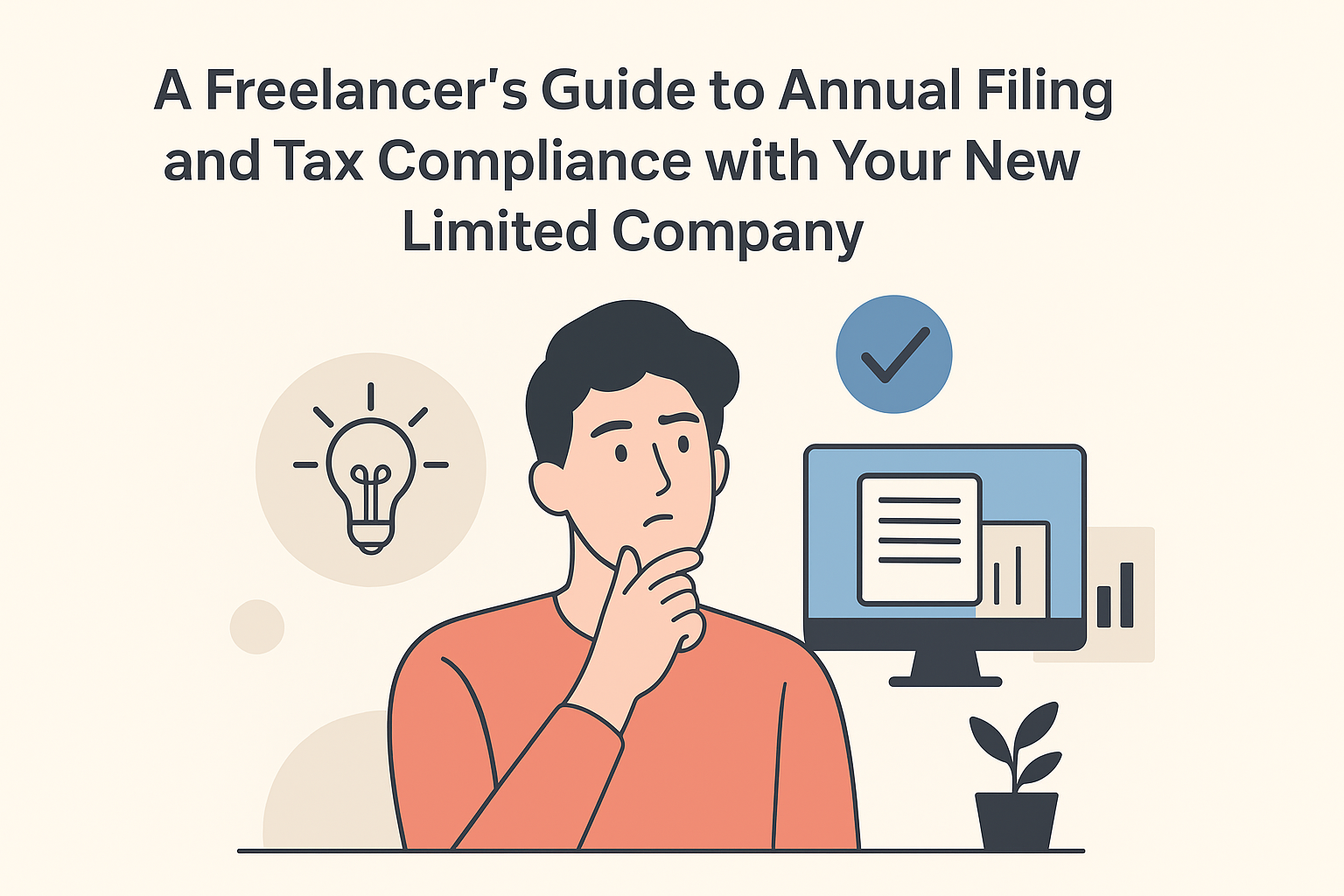
Why Freelance creatives choose a limited company
- Recent Thinking
- Mike Smith
- Last updated
Why Creatives Choose a Limited Company
Many designers, writers, developers, photographers and other creative professionals decide to run their freelance work through a limited company. The reasons usually include:
– Professional image: A limited company can look more established to potential clients.
– Tax efficiency: You may take advantage of lower corporation tax rates compared to sole trader income tax.
– Limited liability: Your personal assets are protected if the company runs into financial issues.
But with those benefits come new obligations.
The Key Annual Filing Deadlines
As a limited company director, you’ll need to keep on top of a few important deadlines:
1. Confirmation Statement (Companies House)
Every year, you must submit a confirmation statement to Companies House. This keeps your company details — directors, shareholders, and registered office — up to date.
2. Annual Accounts (Companies House)
Your limited company must prepare annual accounts, even if you only had a few invoices. These need to be filed with Companies House within nine months of your financial year-end.
3. Corporation Tax Return (HMRC)
Within 12 months of your year-end, you need to file a corporation tax return. But don’t wait until then — the actual tax bill is due nine months and one day after year-end.
4. Self-Assessment Tax Return (HMRC)
As a company director, you’ll usually need to file your own self-assessment return too. This covers any salary, dividends, or other personal income you’ve received.
Everyday Compliance for Freelancers
Beyond the big deadlines, there are a few things to keep in mind throughout the year:
– Bookkeeping matters: Keep your records tidy with cloud software like Xero or FreeAgent. It’ll save you headaches at year-end.
– Paying yourself: Decide on the right mix of salary and dividends for tax efficiency.
– VAT registration: If your turnover exceeds £90,000 (at time of writing) (or you choose to register voluntarily), you’ll need to file quarterly VAT returns.
– Payroll: If you pay yourself or others through PAYE, monthly payroll filings to HMRC are required.
How to Stay Stress-Free About Tax
Running a limited company can feel overwhelming, especially when your passion lies in creative work, not paperwork. Here are some tips:
– Mark deadlines in your calendar so nothing sneaks up on you.
– Automate where you can with cloud accounting tools.
– Work with an accountant who understands the creative industries — they’ll help you plan ahead, stay compliant, and keep more of what you earn.
Final Thoughts
As a freelancer, you want to focus on your craft and your clients. But staying compliant with Companies House and HMRC is just as important for building a successful, stress-free business. With the right systems and advice in place, your limited company can be a platform for growth — not a paperwork burden.
We’re ready when you are.
👉 Get in touch with us today if you’d like tailored support with annual filing, tax compliance, or managing your limited company accounts, our team of friendly accountants is here to help.
Credits and thanks: HMRC, Companies House
How can we help?
At CORNEL Accountants we offer our small business clients an all-inclusive and fixed fee basis for any work we do, always agreed up-front. Why not take a look at our typical packages and get in touch for an initial discovery call and explore how we can help you?
Disclaimer:
The content included in this blog post is based on our understanding of tax and company law at the time of publication. It may be subject to change without notice and may not be applicable to your circumstances, so should not be relied upon. You are responsible for complying with tax law and should seek independent advice if you require further information about the content included in this post or guide.



